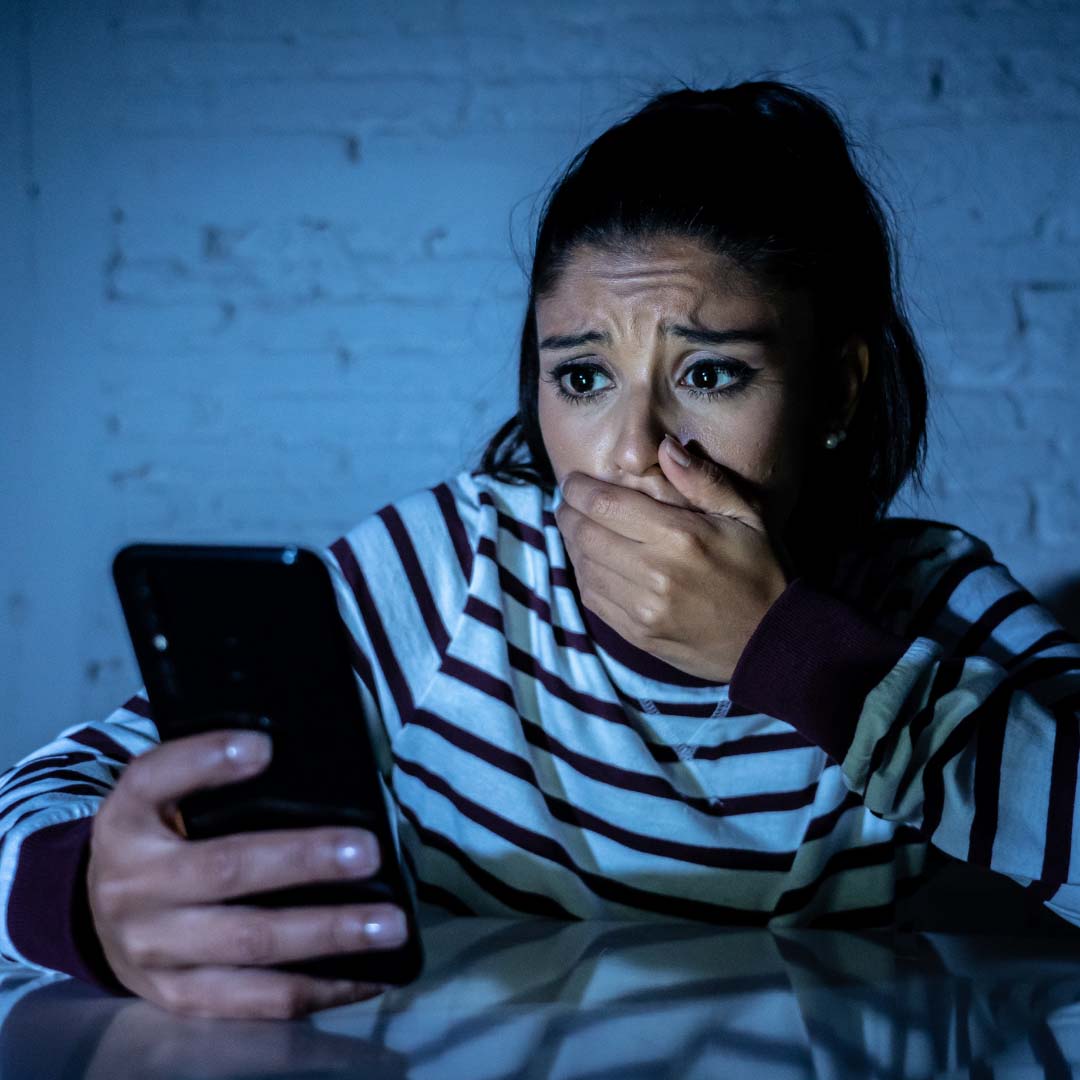
Ladies: have ever had a guy slide into your DMs that was a super creep? How about that neighbor who cat calls you when you jog by? The ex-boyfriend that’s constantly showing up “coincidentally” where you’re hanging out? And it’s not just guys. Women can be even worse!! Your car got keyed and your trash cans thrown all over the yard and you suspect your ex?
Are these behaviors enough for a protective order? Most likely not. But if you’ve ever wondered about protective orders, or what it takes to get one, I’ve got your answers right here. But first, we should get the terminology straight.
Protective Order vs. Restraining Order in Texas
Restraining Order:
- Stops a person or entity from certain actions, such as harassment, contact, hiding assets, etc.
- Not specific to family violence
- Can include protection for a person, their children, and their property and assets
Protective Order:
- Specifically prohibits domestic violence
- Court must find family violence to be an issue
- Can include protection for a person, their children, and their family members
- Emergency Protective Orders can be granted without a hearing (aka temporary POs)
- Can last up to two years
What is a Protective Order?
If you have been a victim of violence, stalking or sexual abuse, you can apply for a court order to keep your (alleged) abuser away from you. This order is called a Protective Order (“PO”). There are different kinds of POs for victims of domestic abuse, dating violence, sexual assault, stalking and human trafficking.
A PO orders an (alleged) abuser:
- Not to hurt, threaten, or harass you or your children, either directly or through another person
- To stay away from you, your family, your home, workplace, and children’s daycare or school
- Not to carry a gun or ammunition, even with a license
The judge can also:
- Order payment of child support and medical support
- Set terms and conditions for visitation with the children
- Order the abuser to attend anger management classes
- Order drug testing
- Order the abuser to attend a substance abuse treatment program
In cases where someone is arrested for family violence, an Emergency Protective Order (“EPO”) is often issued. That order is valid for 30-90 days, depending on the severity of the charges and the judge’s findings. The alleged victim of family violence can request an EPO his/herself or one can be requested on her behalf by law enforcement.
A party can also apply for a protective order against you without you being charged with a criminal offense. Keep that in mind, you crazy exes!!
Has someone applied for a protective order against you?
As soon as you get notice of the hearing, whether after the temporary order expires or right off the bat, seriously consider talking to a lawyer. You have the right to defend yourself in that hearing, the county attorney or whomever represents the applicant must establish facts sufficient for a final protective order. Don't just blindly agree!!
The other thing that you need to remember is: if you get on the stand in that hearing, anything that you say can be used against you in a criminal case or a divorce case. The flip side of that is, if you have a very well-prepared lawyer that can cross-examine the applicant, anything she says that's inconsistent or good for your case can be used against her during your trial!!
Options for a Respondent During a Protective Order Hearing
At a hearing, a respondent can take steps to protect his or her rights. A respondent can accept the terms of the order, fight the accusation, or negotiate the terms of the order for a fairer arrangement. Once the terms of the protective order are legally in place, a respondent must follow them or face criminal penalties.
Legal Representation and Protective Orders
A protective order can significantly restrict a person’s freedom, and courts sometimes issue them unfairly. Involve a defense attorney upon being served. He or she will negotiate or fight the terms of the order and any pending criminal charges. Defense attorneys support clients in protective order and family violence cases. Fighting a protective order is important because you’re not only fighting for your freedom of movement and property rights, but you’re also protecting your reputation and future relationships
Violating a Protective Order: What Happens Next?
If someone violates a PO, he or she can be arrested and charged with a crime. Violating a protective order is considered a misdemeanor under Texas law, unless it involves stalking, and that makes it a felony. Law enforcement can make an arrest without a warrant if they have probable cause that someone violated a protective order.
But She Said, “Baby Come Back!!”
The only person that can lift a protective order is a judge. You know who cares if she wants you to come back home? No one. She called the cops once, she’s going to call again. Going back to your partner is the #1 mistake most people make. You two need to stay separated during the term of the order, regardless of whether you want to get back together, work it out, or see each other on the side.
Be smart, and if you think you need a lawyer…YOU DO!
